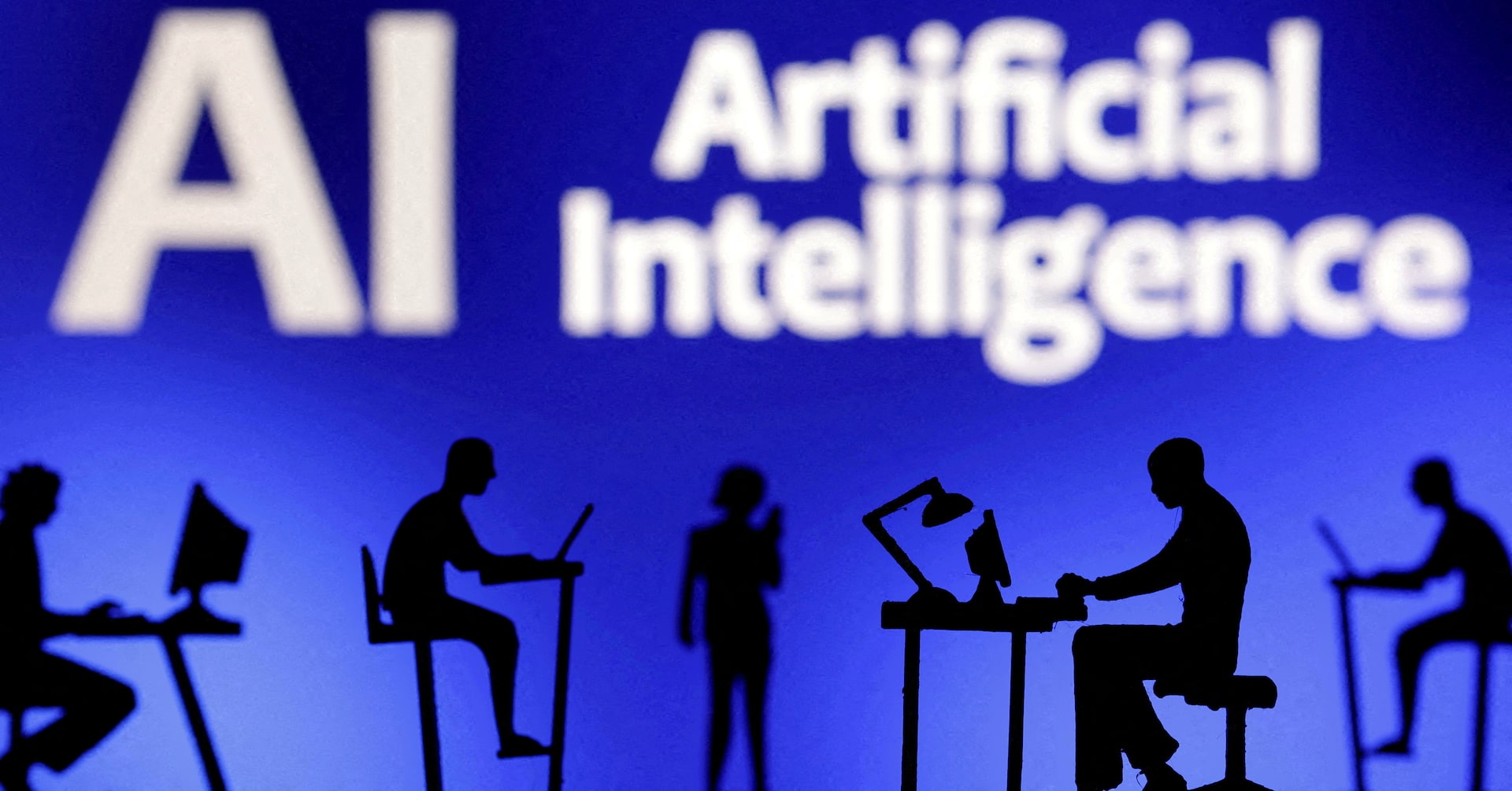AI to Boost Global Economy Despite Rising Carbon Emissions
April 22 (Reuters) – The integration of artificial intelligence into global economies is set to boost worldwide GDP by an estimated 0.5% annually from 2025 to 2030, according to a recent report by the International Monetary Fund (IMF) unveiled at its annual spring meeting in Washington. Despite these promising economic forecasts, the report sheds light on the increasing concerns surrounding the carbon emissions resulting from the data centers that support AI technology.
Balancing Economic Gains and Environmental Costs
The IMF emphasizes that the economic benefits from AI far exceed the environmental costs associated with additional carbon emissions, even though the situation adds to the growing worries about climate change. “Despite challenges related to higher electricity prices and greenhouse gas emissions, the gains to global GDP from AI are likely to outweigh the cost of the additional emissions,” the report states.
Unequal Distribution of Benefits
The report highlights a warning on the unequal distribution of AI-driven economic benefits across different regions. It calls upon policymakers and businesses to actively address these disparities to minimize potential adverse effects on global societies.
Rising Demand for Data Processing Power
AI’s proliferation is expected to drive a significant increase in energy demand for data processing, putting additional pressure on efforts to reduce global carbon emissions. The IMF notes that northern Virginia’s data centers, which have the world’s largest concentration, occupy space equivalent to eight Empire State Buildings.
AI and Energy Consumption
It is predicted that AI technologies could spike global electricity needs to approximately 1,500 terawatt-hours (TWh) by 2030, equivalent to India’s current electricity consumption and exceeding expected electricity demands from electric vehicles. The report suggests that tech companies’ efforts to limit emissions from data centers through renewable energy sources will be crucial in managing this growth.
Can AI Drive Energy Efficiency?
Questions remain about AI’s potential role in improving energy efficiency. The IMF estimates that, under current energy policies, global greenhouse gas emissions could rise by 1.2% from 2025 to 2030. Greener policies might limit this increase to 1.3 gigatons, although the costs associated with these emissions are expected to be outweighed by the economic benefits AI could deliver globally.
The Role of Policy and Innovation
The Grantham Research Institute on Climate Change and the Environment suggests that AI could contribute to reducing carbon footprints if it accelerates advancements in low-carbon technologies across various sectors. However, Roberta Pierfederici, a Grantham policy fellow, cautions that market forces alone will not suffice. She underscores the necessity for active involvement from governments, tech companies, and energy sectors to ensure AI development aligns with climate action.
Future Actions
The IMF advocates for increased research and development funding and policies to mitigate inequalities exacerbated by AI advancements. “Governments, tech companies, and energy companies must play an active role in ensuring AI is used intentionally, equitably, and sustainably,” the report concludes.
Stay updated with the latest in AI and technology trends by subscribing to aitechtrend.com.
Note: This article is inspired by content from https://www.reuters.com/sustainability/climate-energy/ai-economic-gains-likely-outweigh-emissions-cost-says-imf-2025-04-22/. It has been rephrased for originality. Images are credited to the original source.








